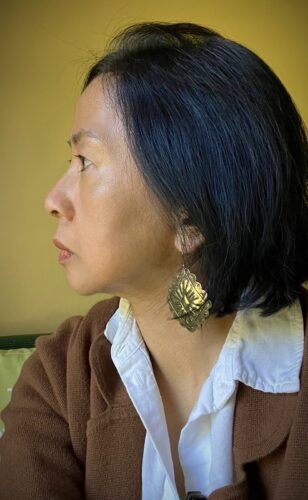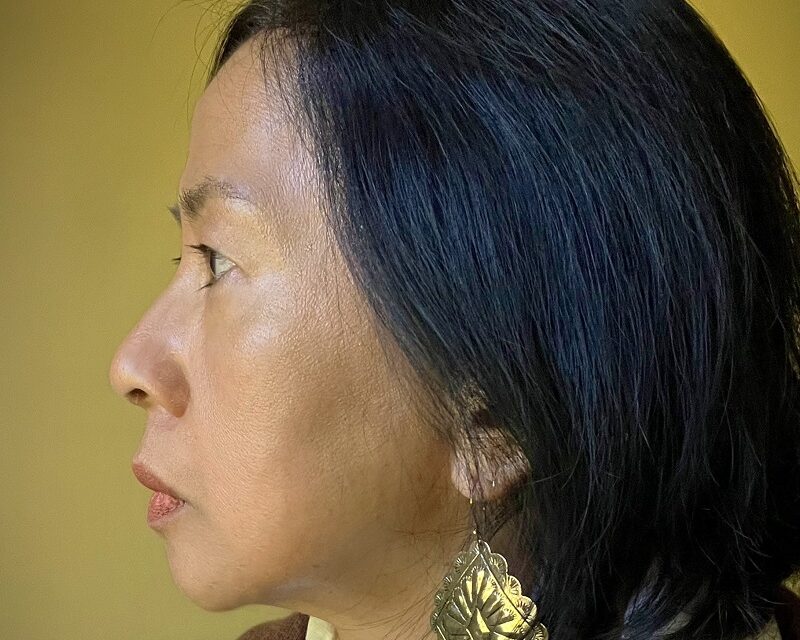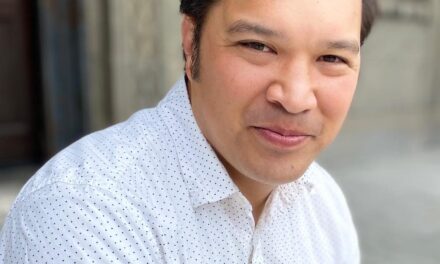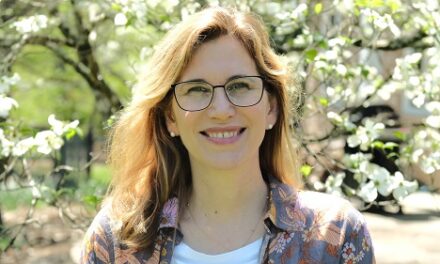
Managing Editor Lisa Ampleman: As climate anxiety rises in step with summer temperatures in the northern hemisphere, the title and first sentence of this poem by Luisa A. Igloria fits the sentiments of many. I was drawn to the descriptions of species thriving in this environment: red bark beetles, sponges, dinosaur shrimp. These returns are an ironic blooming amid the burning and flooding of biomes.
Listen to Luisa A. Igloria reading the poem:
Tell me about the future
without telling me it’s impossible—
Tell me about soft green that emerges
in between burned roots and branches,
and of the slow sorting of stones,
the choosing of what withstood the worst.
Tell of the even slower: return of movement
in the outer reaches of air, in hollows
opening again to rainwater. Patient colonies
of dinosaur shrimp, harboring their cysts.
Red bark beetles flat as guitar picks
coming out of dehydration. At the very
bottom of the Antarctic Sea, glass
sponges undulate, though they
might not even remember when
they last ate, 15,000 years ago.
Luisa A. Igloria is the author of Caulbearer (Immigrant Writing Series Prize, Black Lawrence Press, 2024), Maps for Migrants and Ghosts (cowinner, 2019 Crab Orchard Open Poetry Prize), and thirteen other books. She is lead editor, along with coeditors Aileen Cassinetto and Jeremy S. Hoffman, of Dear Human at the Edge of Time: Poems on Climate Change in the United States (Paloma Press, 2023).











